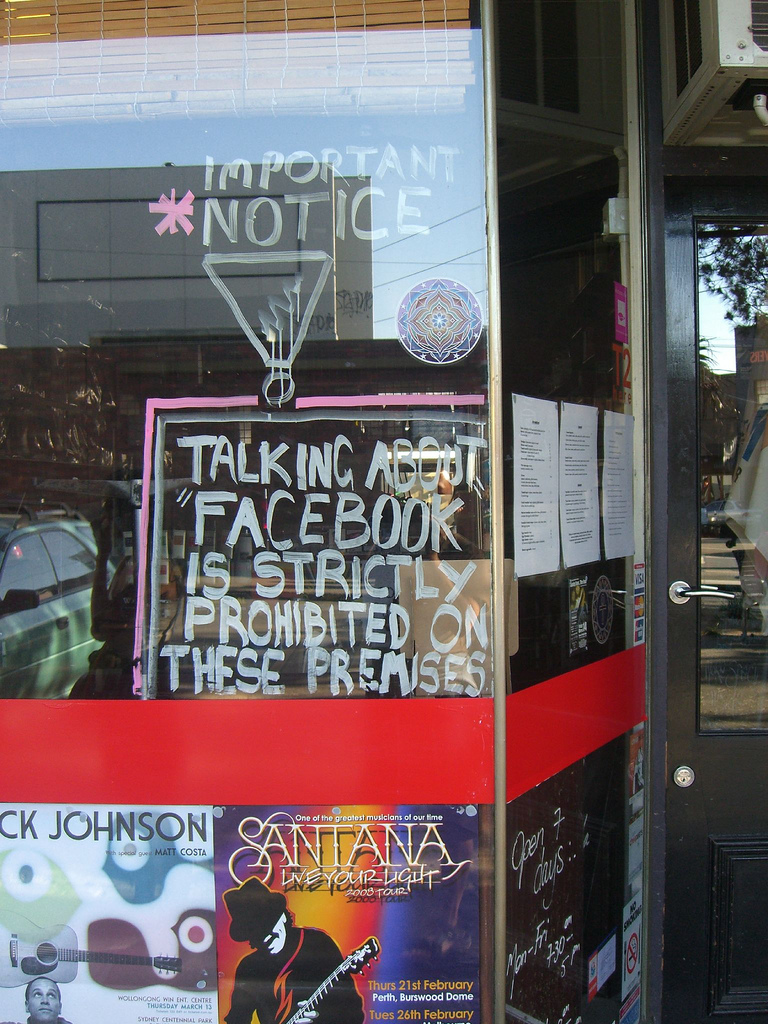 Last year, there was a brilliant preliminary report that came out of MIT where two grad students decided to explore the idea of privacy implications based on omission. In other words, these students said that they could predict, with a high degree of accuracy, the sexual orientation and inclinations of people based on their activities, friends and, notably, omission of certain information on the social networks.
Last year, there was a brilliant preliminary report that came out of MIT where two grad students decided to explore the idea of privacy implications based on omission. In other words, these students said that they could predict, with a high degree of accuracy, the sexual orientation and inclinations of people based on their activities, friends and, notably, omission of certain information on the social networks.
The study was called Project Gaydar and reported a high degree of accuracy in identifying the sexual orientation of people who explicitly did not share that on Facebook.
Using data from the social network Facebook, they made a striking discovery: just by looking at a person’s online friends, they could predict whether the person was gay. They did this with a software program that looked at the gender and sexuality of a person’s friends and, using statistical analysis, made a prediction. The two students had no way of checking all of their predictions, but based on their own knowledge outside the Facebook world, their computer program appeared quite accurate for men, they said. People may be effectively “outing” themselves just by the virtual company they keep.
In an age of renewed concerns about privacy surrounding Twitter, location-based networks such as Foursquare and Facebook’s new Places service, one wonders just how much information that you are not sharing is actually being shown to the world.
For instance, is it logical to deduce that when a persons tone online moves from gregarious to tame, they may be job hunting and wanting to put their best foot forward? Or maybe in the early stages of a new, burgeoning relationship? What can be surmised by a spate of new LinkedIn recommendations? Is a pattern of Twitter status update frequency something that can be reasonably used to deduce some meaning?
Many people are very cautious to curate their online identities in such a way that seems presentable to the outside world. They shape and form their identities for maximum benefit. But what are they not saying that is still being communicated?
My friend, and data monkey, Keith Casey and I are proposing a panel to explore this more at SXSW. We would love your vote to ensure we get selected. It’s a fun topic and one that is front and center in an age with increasing privacy concerns.

